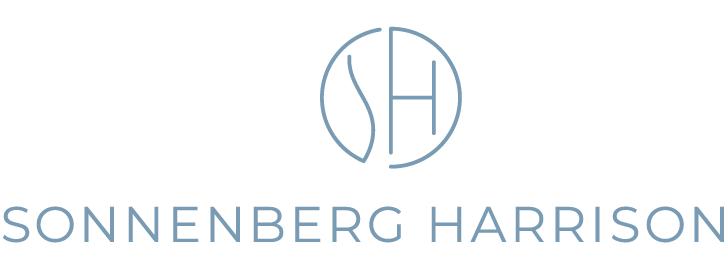A recent decision by the Higher Regional Court in Düsseldorf (reference: 20 W 11/21) states that there is no “itinerant tribunal” in unfair competition cases that occur on the Internet or in other forms of electronic media.
In a decision from 16 February 2021, the Appeal Court in Düsseldorf (OLG Düsseldorf) has affirmed that any disputes relating to unfair competition on the Internet and in other forms of electronic media cannot be filed in front of any random court in Germany. Instead, the rules on local court jurisdiction under the recently revised Section § 14 of the German Law against Unfair Competition (UWG) have to be observed.
In the decision, the claims raised were based on unfair competition relating to allegedly deceptive advertisements placed on the Internet, on TV and in print. The defendant had its registered place of business in the German State of Rhineland-Palatinate. The claims, however, were filed with the Regional Court in Düsseldorf (LG Düsseldorf) which is located in the State of North Rhine-Westphalia. The original Düsseldorf Court stated that the claim was admissible but on appeal, the Higher Regional Court decided that the claim was inadmissible as the courts in Düsseldorf are not competent to consider such claims based on unfair competition.
The background of this decision lies in the new German legislation on local court jurisdiction in the German Law against Unfair Competition (UWG) and in particular on Section § 14 UWG which was amended on 2 December 2020. While it was previously possible to file a claim in front of any court in Germany when the alleged infringement took place on the Internet or in other forms of electronic media, claims now have to be filed at the court located in the region in which the person or company that allegedly infringes any rights is registered.
The lower court in Düsseldorf was of the opinion, that this limitation of the competent place of jurisdiction only applies where the claim was merely based on infringements on the Internet or on electronic media and where no additional claims based on other laws were raised. In the present case, the advertisements were also placed in print media and on national TV received in North Rhine-Westphalia. However, the Düsseldorf Appeal Court disagreed with this interpretation of the law.
One of the main reasons for the reform of Section § 14 UWG was indeed to avoid forum shopping in which the claimants could pick a court that is known to be “claimant-friendly”. The previous practice had led to competition between courts as the individual courts benefited when a higher number of claims was filed.
The present decision raises a lot of important questions and answers many of these. It seems to be clear that when trademark infringement claims (or claims based on other intellectual property rights) are combined with claims based on acts constituting unfair competition relating to infringements on the Internet or on electronic media, any claim that is based on unfair competition is not necessarily admissible in a particular court just because a trademark infringement claim might be admissible. Trademark claims can still be filed at any court with a specialized trademark panel in Germany.
If claimants want to combine such claims, then they have to ensure in the future that the court is competent for all of the claims. A claim based on unfair competition can be filed as the main claim and the other claim (for example the trademark claim) can be filed as an auxiliary request. It has to be noted that many cases used to involve unfair competition law in particular if passing off or in German “ergänzender Leistungsschutz” had been involved.
There is an exception to the rule stipulated in Section § 14 UWG. If both parties agree, the claims can still be filed before any court in Germany.
The present decision of the OLG Düsseldorf is in line with the intentions of the legislators. Nonetheless, the decision makes it harder for claimants to combine claims relating to intellectual property with claims based on unfair competition laws. As the decision is based on a fairly recent legislation, decisions by other Appeal (Higher Regional) Courts on the new Section § 14 UWG should be closely monitored.
We consider this decision to be of high importance, mainly as the different courts in Germany did adopt very different rules e.g. with respect to the time frame available for injunctive relief. In case you have become aware of a possible infringement situation or have received a warning letter or an action has been filed against you, we would be happy to assist and to provide with further input on such issues.





